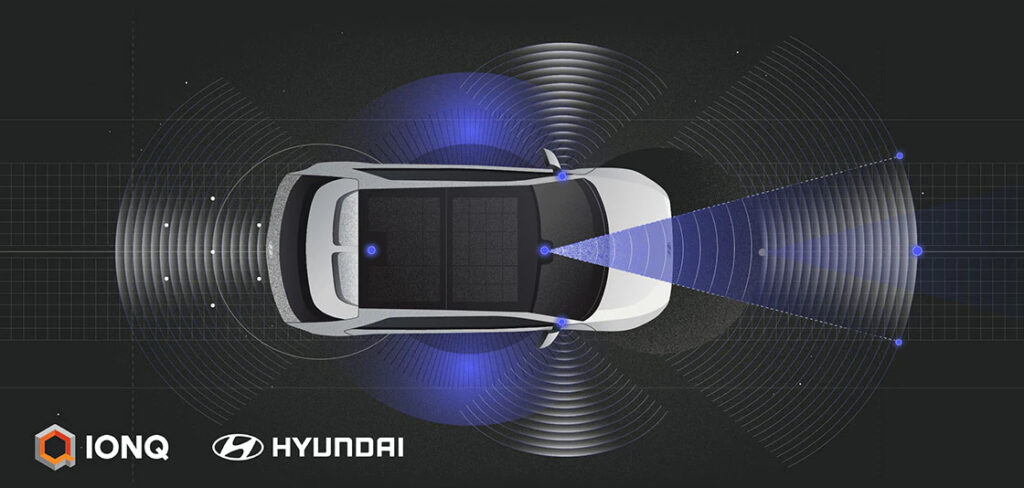IonQ, which is working on the development of quantum computing, and the Hyundai Motor Company have commenced a new project to apply quantum machine learning to image classification and 3D object detection in automotive applications. The companies will look to improve computational functionality through more efficient machine learning on quantum computers, as they can process enormous amounts of data faster and more accurately than classical systems.
Using a breakthrough in encoding images into quantum states, IonQ is already well underway in classifying 43 types of road signs using its quantum processors. The next phase will see the two companies apply IonQ’s machine learning data to Hyundai’s test environment and simulate various real-world scenarios.
“We are excited to expand our existing relationship with Hyundai Motor Company to focus on another key aspect of next-generation mobility,” said Peter Chapman, president and CEO of IonQ. “From partnering on battery research for electric vehicles to image classification and object detection research for automated driving, we expect to see quantum computers become an even more integral part in developing novel transportation solutions.”
As part of this project, IonQ and Hyundai will look to develop quantum techniques for the broad task of 3D object detection, expanding the current work on recognizing road signs to include other objects like pedestrians or cyclists. Running object recognition tasks on IonQ’s latest quantum computer, IonQ Aria, should enable more efficient processing with lower costs, leading to the development of safer, more intelligent mobilities in the future. With 20 algorithmic qubits (#AQ), IonQ Aria is the industry’s most powerful quantum computer based on standard application-oriented industry benchmarks.


